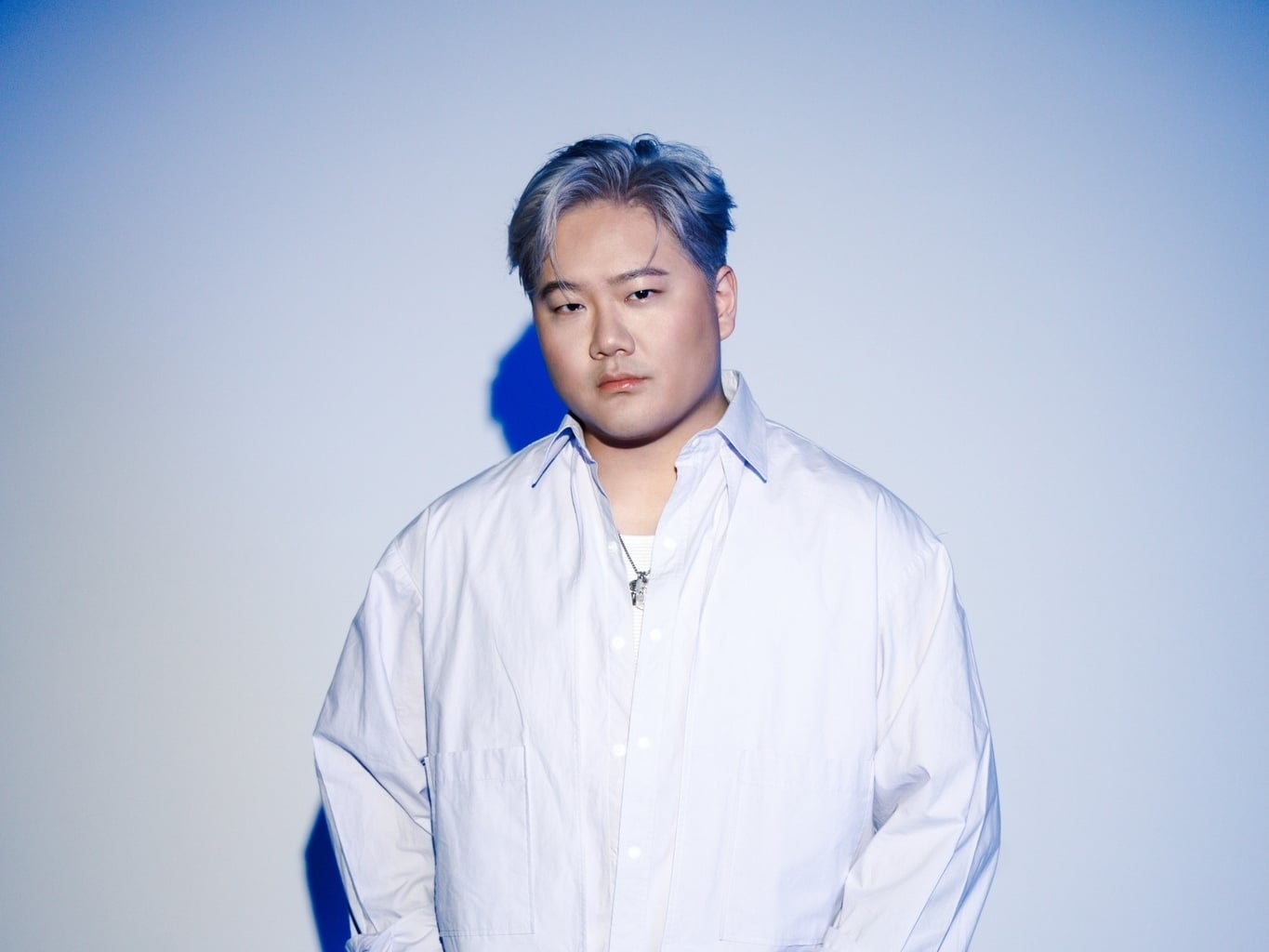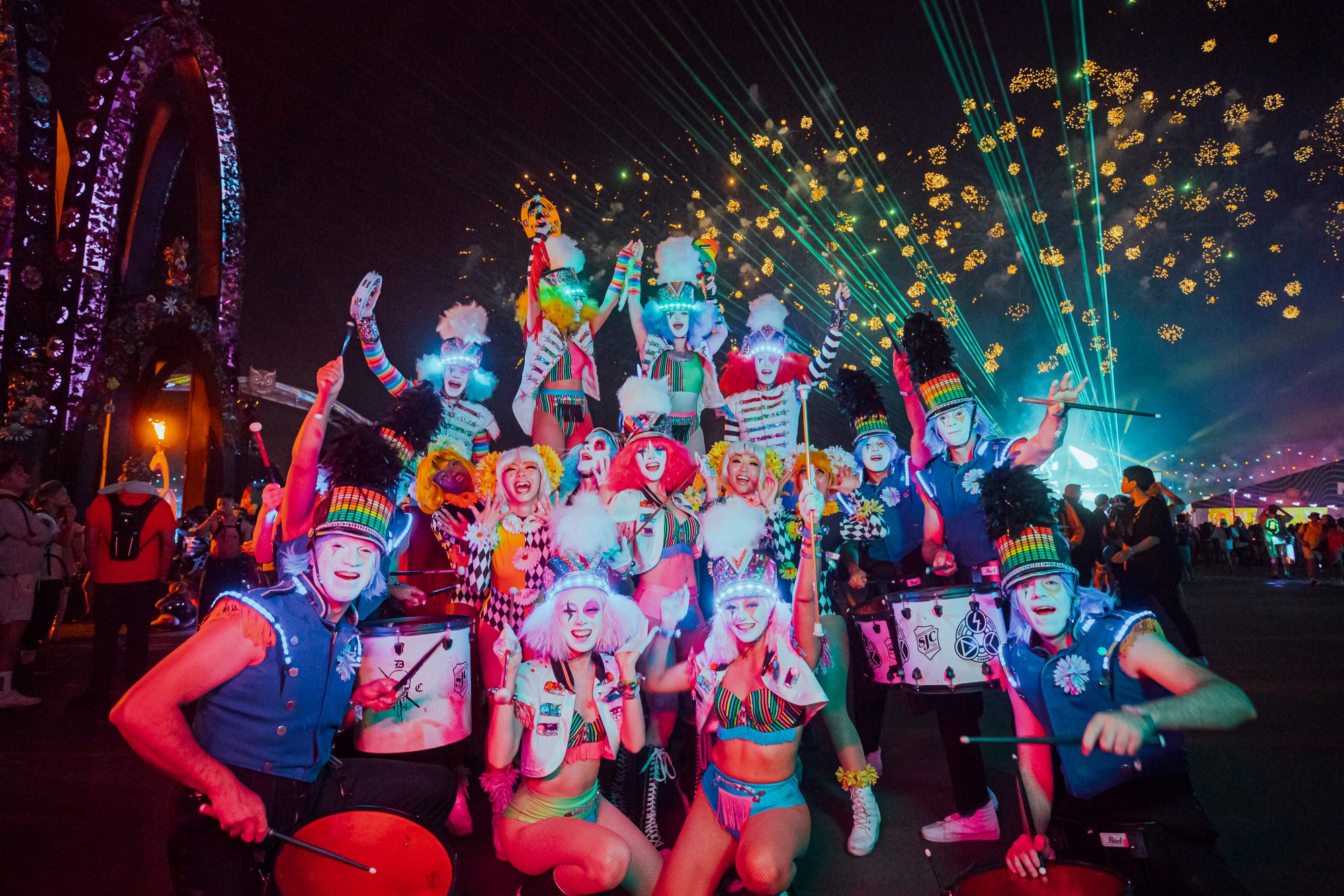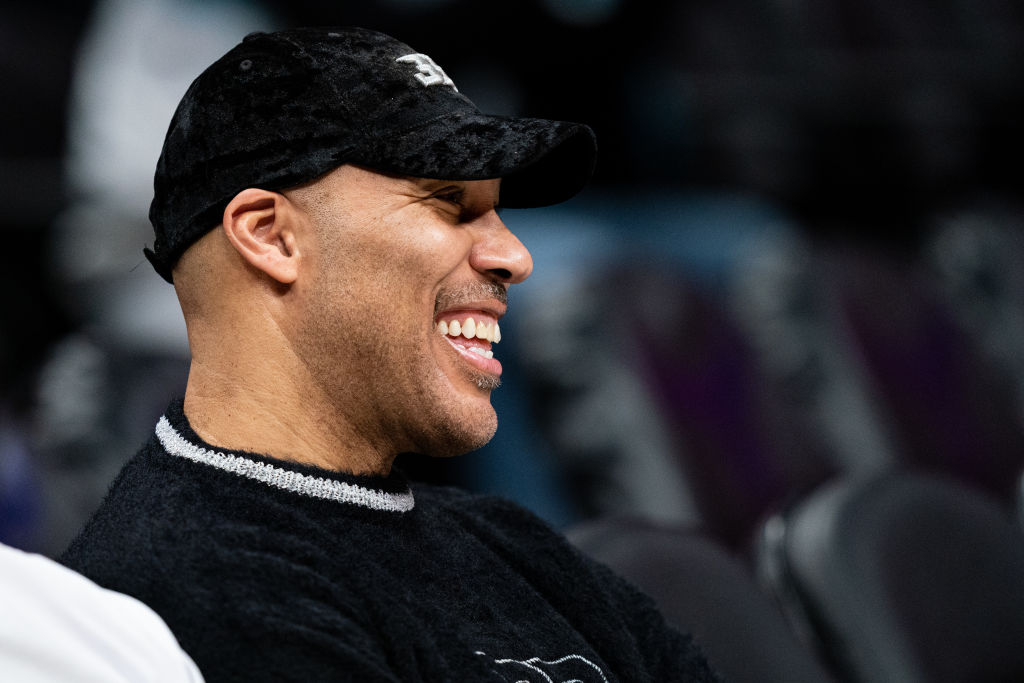
Original Photography by Mamie Heldman
It is a soft coincidence that I am able to meet Avery in New York.
The city is her literal home and my aspirational playground, where we’re adjusting to life in a new normal post-SXSW week, and it's both our first times playing shows outside of our home countries/states. “I did the whole go there by myself, haul my guitar around thing,” she tells me, awakening with the quiet confidence of someone who has only in the past two years begun to conceive of herself as a musician.
And yet for someone so new to the game, the indie singer has certainly found her footing: attending Austin’s globally renowned music festival for emerging artists in the same week as releasing the second single off her debut album, which will host its release party on May 15th at Williamsburg’s iconic Union Pool – it’s all coming together fairly naturally.
There is equally no sign of hesitation or inauguration in Avery’s ability to articulate the personal gravitas of her music. Over a found hour in the muddle of a kitsch West Village café, we bond naturally over the study of English and being audiophiles. And in walking me through the instincts and motivations of her musicianship, as well as the characterful and occasionally arresting series of events that that lead her to New Thing, I am given a rare glimpse of an artist who is undeniably capable of defining the pulses and the pangs of their music; why it has been shaped the way it has, by whom, and to what particular effect.
It wasn’t music that first resonated with Avery, but rather words, and the sound of them (an opportune moment to acknowledge the wittily ironic wordplay of her instagram handle: a_very_fried_man). The 27-year-old grew up in Ohio before studying English at Michigan, where she met her now bassist Ryan Cox during their tenure on the college podcast team. Her other band member (Alexa Terfloth, who plays synth) was a former Tinder date turned musical confidante, which necessarily provokes some gentle teasing about memes of the guy who takes a girl to his apartment and plays guitar at her.
“Somehow I’ve arrived at that,” she jokes back, acknowledging the U-turn her life took from a distant appreciator of music to a definite creator of it. “I’ve just been really lucky to be surrounded by people who recognised my curiosity and said ‘here, play my guitar’ with no hesitations,” she notes of her experience moving to New York City, and finding her calling during a ‘second adolescence’.
Beaming with immense gratitude for the opportunities now unfolding before her, she sits down for her first in-person interview, and sweetly acknowledges “it’s legitimising to meet people who associate me directly with musicianship”.

This statement is perhaps a reflective of a kind of shyness and privateness that also bleeds its way into the album New Thing. During the opening track "Into", the phrase "don’t look" carefully repeats itself, as if tackling an inner resistance to being perceived. The resulting effect is a heady soundscape, a kind of ‘bedroom floor music’ flaunting both introspection and a slowly flourishing conviction. As light vocals swim over the crunch of a guitar pedal, distortion and beauty sit hand in hand, akin to the uniquely feminine experience of becoming that she will go on to describe.
When asked about some of the inspirations for her making music, Avery notes how she became a vessel for creativity after moving to NYC, taking new influence from her surrounding environment in ways she had not yet anticipated. She mentions seeing the North Carolinian band ‘Fust’, and being struck by the country guitars turned concert music, reminding her of her Midwestern roots. Biking home with C and G chords looping in her head she returned to her therapist and declared “I want to do that,” the moment now translated into quiet surrender of a song: "Biking Standing" – “it came from the place of having a positive feeling I wanted to capture, of a warm summer night and the experience of intimacy and wonder.”
Another moment was less freeing. A few years into living in New York, as she was returning home late at night, blasting music on her headphones and pacing casually down her block, Avery was mugged at knifepoint. The incident inevitably shook her physical but also mental relationship with the city, birthing new anxieties attached to the sensation of being in the world, as she then became unable to ground herself in old and familiar ways.
The emergence of new fears about getting on the subway and walking home alone lead directly and feverishly to her writing the album’s title track "New Thing". And so, music came at a time she most needed it, to sooth her and comfort her: “That song’s about anxiety and feeling foreign from yourself, and when you push yourself and are forced to grow, like in perusing music, or finally walking alone at night again, and the beauty that can come from it.”
Accordingly, the bodily experience of anxiety emerges as a primary driver of Avery’s musical impulses. “In a broader sense, anxiety can definitely be found in the lyrics or in the production of all my songs, she offers. "The music that I love the most always has a sensation of tension building, bubbling over, pushing on a discordance so reflective of an anxious experience. I want to feel that kinetic chaos in a song, where it’s always intense."
It’s a discordance that as a listener you can identify on tracks such as "Finger Painting" and "Somewhere to Go", that play craftily with atonality, while slowly but surely resolving. “The whole album seems to be about overcoming and releasing, but also circling back to things, repeating them until they make sense or they become calm, like some kind of mantra.” She tells me it’s why the album lands on "Nervous", the sonic sigh of relief that sends a listener outward: “It was one of the first songs I ever wrote on guitar and it’s also about pushing yourself, telling my ex about being scared for a first show, and combatting that fear. There’s a strange serenity to it, which I though was a conclusive ending.”
Avery’s fears about performing live are something she’s grappling with in the immediate moment. The nature of the music, being initially made at home with an acoustic guitar, or the gentle reassurance of producer James Chrisman, felt strange to translate to the stage: “It was like an excavation, to train my body to not feel like a performance was dangerous for me.” She goes on to detail a complex she has around sensitivity and vulnerability, things she’s always tried to hide, but now works actively on reclaiming.
And yet in challenging herself to play regularly as an 'accountability mechanism', she has now performed at some of New York’s live music gems including Cassette and Trans Pecos. Her biggest show yet, at Brooklyn's Union Pool on May 15th, will be the climax of that journey so far, “you’re gonna see me so sensitive – commanding that attention."
Notably, one of the album’s biggest lyrical influences is Big Thief’s Adrianne Lenker. Friedman’s first single "Flowers Fell" draws parallels of decomposition ("the flowers fell off when I was asleep") with Lenker’s song "ingydar" –“yes,” she confirms “'everything eats and is eaten,' again, so cyclical. I love this lyricism for how it mixes simple things that have a double meaning, or sometimes just because two words sound good together – the poetry rolls off the tongue.”

Avery finds her own poetic magic in small details, in the "truth-or-dare pupils," the "crack’ of a smile," or the "little lace of black liquorice/pulling knots in my chest". Entwining images of nature with the contemporary experience of being a young person in the city, she rocks knowingly back and forth between two states of being: "dip my index/paint is blue/text me a picture/of the moon" – it's the classic dichotomy, one I can relate to myself, of someone brought up in the country and now living in the thick of the metropolis. She adds: “I was so inspired by nature, growing up in the Midwest around grass, and trees, and rivers. With "Flower’s Fell" I wanted to show that contrast I now have in New York – sun on skin, sun on brick, small glimmers of nature interacting with the synthetic elements. It’s a duality I then try to make musical in the pairing of vocal harmonies, for example, with synth use and modulation."
NYC has now become a definite home for the emerging musician, who through an expansive queer friendship group and recent ‘permission’ to let go, has embraced this stage of life with both hands wrapped around a guitar. The album’s second single "Photo Booth" is evocative of this feeling – a poppy and nostalgic song about being uninhibited and flirtatious ("and the curtain can’t hide it/when all the music quiets/four strikes and you’re out/photo booth blood magic"). “We’d been to the bar, playing spin the bottle, being so silly and young and free, and the next day I just woke up with the chorus in my head, and I had to surrender to what the song wanted to be.”
Given that she speaks so eloquently about the way the music comes to her, it’s hard to believe that this music was at one stage grown from fear. But perhaps that’s the album’s gift, or the promise you are left with as a listener, that there is a beauty in uncertainty and becoming, that flowers that die will surely grow again. “I feared when I was making the album that it wasn’t gonna be good, or what if I made something that didn’t hit? But I’ve learnt that the best chance that you have of making something impactful is for it to be as authentically expressive of yourself and your experience and your taste as possible. And I’m gonna press on that, with music becoming a metaphor for life. I need to put trust in feeling.”

 2 days ago
10
2 days ago
10


















 English (US) ·
English (US) ·